n Carrying on like this, Asda is clearly thinking of partnering up with someone, some day. Andrew Pring wonders why the engagements keep collapsing
In its ability to surprise rivals and observers alike, Asda is the joker in the retail pack.
Last week, while the world was abuzz with gossip over its any-moment-now merger with Safeway, Asda was actually locked in talks with the Comet-to-Woolworths group Kingfisher.
And if rumours reported in one national newspaper this week have any substance, Asda has also been talking to Sainsbury about carving up Safeway between them. The companies declined to comment on this startling suggestion which would run hard into regulatory buffers. But on the no-smoke-without-fire theory, it seems plain that Asda is in decidedly frisky mood.
It does seem to have a problem, though, in converting friskiness into conquest. For if the Kingfisher news stunned everyone, the failure of the £13 billion merger discussions was less surprising.
Asda has now attempted consummation with three conglomerates in the past 18 months and each time has failed.
Whether this leaves it with egg on its face or not, no one can accuse Asda of lacking imagination.
Last September's walk-out with Safeway had been preceded the previous year by its bid for Welcome Break. Those talks had been a product of the same lateral thinking exercising Asda's MBA whizz-kids when Kingfisher approached it earlier this month.
City analysts have unkindly portrayed this search for partners as a frank admission of weakness. But a more charitable line can be taken and it is perhaps more realistic.
Food retailing is a tough business which is getting tougher. Given the tighter market, no group can have genuine confidence in its ability to continue to deliver unless it looks to diversify.
If, as seems likely, Asda stays tethered to these shores, it knows it must enhance shareholder value through non-food.
The merger with Safeway may yet happen. If Margaret Beckett can be persuaded by a few store disposals into giving her blessing, the two would combine tomorrow. How a Sainsbury-Asda carve-up of Safeway would play in Whitehall is impossible to say.
In the meantime, Asda is clearly prepared to consider any possible high street liaison that could offer house space to its George brand, pharmaceuticals and large entertainment business in CDs and videos.
Kingfisher would have quite neatly met these requirements. The £3 billion overlap of music, clothing, medicines and toys could have pumped up the buying power to good margin effect. Woolworth's high street portfolio would have allowed Asda to grow its non-food offer far faster than currently possible.
It would also have offered more food outlets on the increasingly crucial high street patch. And it held out the prospect of gaining European experience through the French electrical retailer Darty.
No one is sure why the deal foundered. But there is probably no shortage of other potential deals. Corporate Britain is either demerging or acquiring on a scale not seen for a decade. Driving the rotations of the corporate kaleidoscope is a banking system awash with cash and venture capitalists encouraging chairmen to pull off the reputation-enhancing deal of a lifetime.
Asda chief executive Allan Leighton will not need much prompting. His sense of frustration at not yet being able to engineer a deal of his own one that takes him from under chairman Archie Norman's considerable shadow must be intense.
Given this understandable desire to do an Archie and take Asda forward dramatically, it is ironic that the Kingfisher talks were smoothed by Norman's friendship with Kingfisher chairman Sir Geoffrey Mulcahy.
The two met in 1983, when Norman was working as a 29-year-old McKinsey consultant for Woolworths Holdings, and Mulcahy was its finance director.
When Mulcahy became chief executive the following year, he asked Norman to help plan the group's recovery. In 1986, after Norman helped Mulcahy fight off Dixon's bid, he became its finance director, a post he held until going to Asda as chief executive in 1991.
It is significant that with both Safeway and Kingfisher, Asda was the wooed, not the wooer. This could suggest that it does, after all, have utter self confidence in its ability to engineer shareholder value by following the strategy it has already outlined.
Or it could suggest that it has not yet spotted the target it really, really wants. If it finds something that dovetails perfectly, then Asda may prove far more forceful in achieving that elusive conjugal bliss.
{{NEWS }}
Close menu
- Home
- Retail & Wholesale
-
Products & Suppliers
- Back to parent navigation item
- Products & Suppliers
-
Product Categories:
- Back to parent navigation item
- Product Categories:
- Alcoholic drinks
- Bakery
- Cereals & breakfast
- Cheese
- Chicken & poultry
- Chocolate
- Confectionery
- Crisps, nuts & snacks
- Dairy
- Fish
- Fresh produce
- Frozen
- Household
- Meat
- Own Label
- Sauces & condiments
- Seasonal
- Soft drinks
- Vaping
- Vegan & plant-based
- World foods
- Suppliers
- People
- Reports & Data
-
Topics A-Z
- Back to parent navigation item
- Topics A-Z
-
Popular topics:
- Back to parent navigation item
- Popular topics:
- Cost of living crisis
- Crime
- Deposit Return Schemes
- Finance
- Government & Regulation
- Health
- Inflation
- Loyalty
- Marketing
- Mergers & Acquisitions
- New Product Development
- Sourcing
- Supply chain
- Sustainability & environment
- Technology
- Ultra Processed Foods
- Vaping
- A-Z all topics
- Content by type:
- Events
- Ask iA (beta)
- Subscribe now
Sign in to comment on this article
Not logged in before? Register for FREE guest access today.
You will be able to:
- Read more stories
- Receive daily newsletters
- Comment on stories
Advert











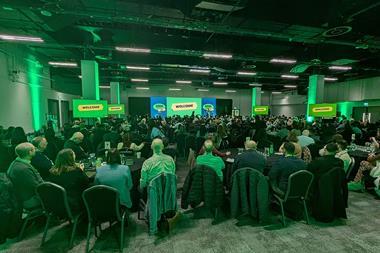

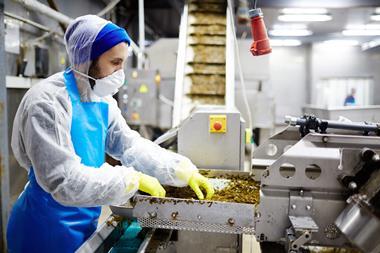
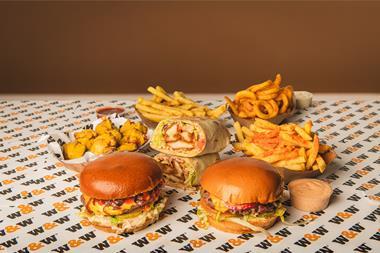
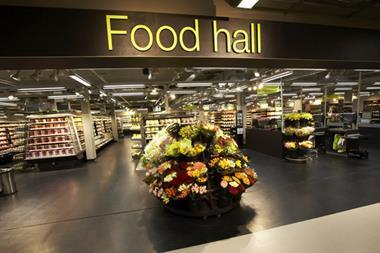
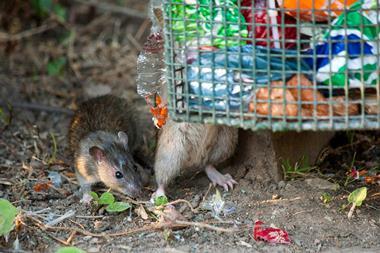

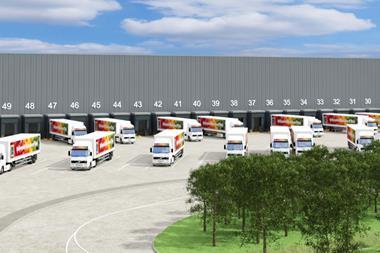
No comments yet